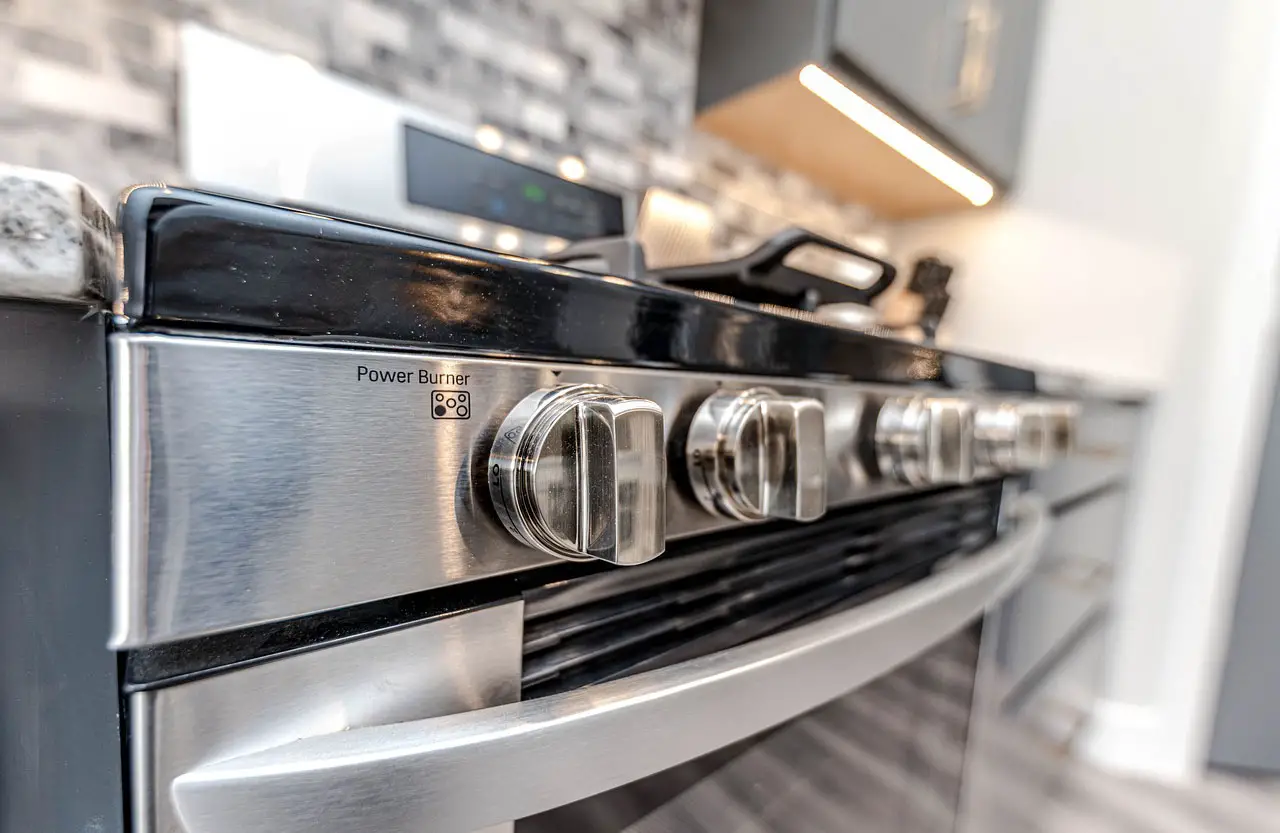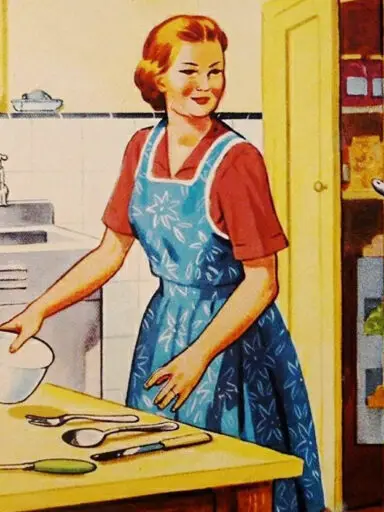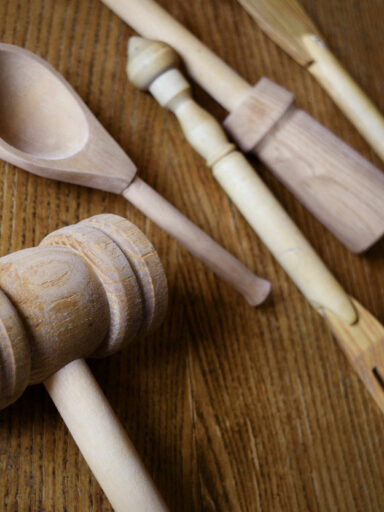The kitchen is the heart of every home, and its appliances are the beating pulse that keeps everything running smoothly. From refrigerators and ovens to dishwashers and microwaves, these essential appliances play a vital role in our daily lives, making meal preparation and clean-up more efficient. However, like any machinery, kitchen appliances require regular cleaning and maintenance to perform optimally and last longer. In this blog post, we’ll explore the importance of regularly cleaning and maintaining kitchen appliances and the benefits it brings to your kitchen and overall household.
1. Ensuring Food Safety and Hygiene:
One of the primary reasons to regularly clean kitchen appliances is to ensure food safety and hygiene. Appliances like refrigerators and freezers store perishable foods, and without proper cleaning, they can become breeding grounds for harmful bacteria and cross-contamination. Cleaning spills, expired foods, and residues promptly helps prevent foodborne illnesses and ensures the safety of the meals you prepare for your family.
2. Optimizing Appliance Efficiency:
Regular cleaning and maintenance help optimize the efficiency of kitchen appliances. When appliances are dirty or clogged with debris, they have to work harder to perform their functions. For example, a dirty oven may take longer to preheat or cook food unevenly, while a clogged dishwasher may leave dishes with food residues. Cleaning and maintaining these appliances will keep them running smoothly and save you time and energy in the long run.
3. Extending Appliance Lifespan:
Proper care and maintenance can significantly extend the lifespan of your kitchen appliances. Appliances that are well-maintained and regularly cleaned are less likely to experience breakdowns and malfunctions. Investing time in cleaning and upkeep can save you from the costly expense of replacing appliances prematurely.
4. Preserving Food Quality:
Refrigerators and freezers play a crucial role in preserving the quality and freshness of your food. Regularly cleaning the interior of the refrigerator and removing expired items helps maintain optimal temperature and humidity levels. A clean refrigerator also prevents odors from permeating your food and preserves its natural taste.
5. Enhancing Air Quality:
Appliances like range hoods and exhaust fans help remove odors, steam, and smoke from your kitchen, maintaining better air quality. However, if these appliances are not adequately cleaned and maintained, they can become less effective, leaving your kitchen filled with unpleasant smells and airborne particles.
6. Preventing Fire Hazards:
Grease and food particles can accumulate in and around kitchen appliances, especially ovens and stovetops. These flammable substances increase the risk of fires if not cleaned regularly. Regular maintenance and cleaning can significantly reduce fire hazards and enhance kitchen safety.
7. Reducing Energy Consumption:
Clean and well-maintained appliances tend to consume less energy than dirty or poorly maintained ones. For instance, a clean refrigerator’s coils can dissipate heat more efficiently, reducing energy consumption. By taking care of your appliances, you not only save on energy bills but also contribute to a more sustainable environment.
8. Enhancing Aesthetics and Kitchen Appeal:
A clean and well-maintained kitchen with sparkling appliances creates a positive visual impact. An aesthetically pleasing kitchen is more inviting and can even motivate you to spend more time cooking and experimenting with new recipes.
Tips for Cleaning and Maintaining Kitchen Appliances:
1. Refrigerator and Freezer:
- Regularly clean spills and residues inside the refrigerator and freezer.
- Check and replace water filters as recommended by the manufacturer.
- Vacuum and clean the condenser coils to improve energy efficiency.
2. Oven and Stovetop:
- Wipe down spills and splatters immediately after use.
- Use oven-safe liners or baking sheets to catch drips and avoid oven mess.
- Clean the oven’s interior and stovetop regularly, including knobs and control panels.
3. Dishwasher:
- Clean the dishwasher’s filter and spray arms to remove food particles.
- Run an empty dishwasher cycle with vinegar or dishwasher cleaner to remove build-up.
4. Microwave:
- Clean the microwave’s interior with a mixture of water and vinegar or a microwave-safe cleaning solution.
- Wipe down the exterior regularly to remove fingerprints and spills.
5. Range Hood and Exhaust Fan:
- Clean or replace the range hood filter as recommended by the manufacturer.
- Check and clean the exhaust fan and duct regularly to ensure proper ventilation.
6. Coffee Maker:
- Descale the coffee maker regularly to remove mineral deposits.
- Clean the carafe, coffee pot, and removable parts after each use.
7. Blender and Food Processor:
- Disassemble and clean all removable parts after each use.
- Hand wash the blades and never leave them soaking in water.
8. Toaster and Toaster Oven:
- Clean the crumb tray regularly to prevent build-up and potential fire hazards.
- Wipe down the exterior and interior surfaces to remove crumbs and spills.
Conclusion:
Regularly cleaning and maintaining kitchen appliances is an essential aspect of responsible kitchen ownership. By doing so, you ensure food safety, appliance efficiency, and longevity while reducing energy consumption and preventing potential hazards. Incorporate appliance cleaning and maintenance into your kitchen routine, and you’ll enjoy a cleaner, safer, and more enjoyable cooking space for many years to come. Remember, a well-maintained kitchen is not only a source of pride but also a reflection of the love and care you put into your home and family.



